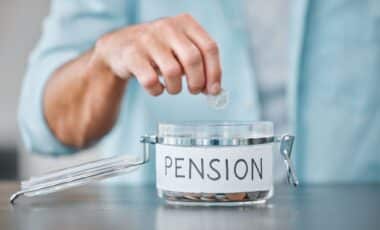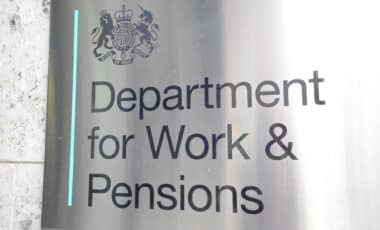The UK Government has confirmed its intention to proceed with a series of controversial welfare reforms, including changes to Personal Independence Payment (PIP) and planned reductions to the Winter Fuel Payment, amid growing scrutiny from MPs and public concern.
While the announcement from the Department for Work and Pensions (DWP) has sparked widespread debate, official statements so far reveal little detail on how the reforms will be rolled out or who will be most affected.
According to reporting by DevonLive, the measures remain under discussion, but ministers have shown no signs of reversing course despite internal and external pressure.
Minister Defends Proposed Welfare Changes on National Television
Speaking on ITV’s Good Morning Britain, Treasury minister Emma Reynolds defended the Labour Government’s reform agenda in front of presenters Susanna Reid and Richard Madeley. She said:
The welfare system needs reform, we need to make sure that we protect the safety net that is essential for vulnerable people across the country.
Emphasising her party’s dual focus on work and dignity, Reynolds added:
We are the Labour Party, the party of work but also dignity for the most vulnerable so we are reforming the system in a way that ensures that we protect the most vulnerable.
The minister linked the changes directly to broader social trends, citing the growing number of young people classified as NEETs (Not in Education, Employment or Training):
The changes to Personal Independence Payments are necessary because we’re seeing far too many young people not in employment, education or training – one in eight young people are in that situation – that’s not sustainable.
PIP Eligibility Set to Tighten Under Government Green Paper
The Government’s Green Paper, released in March, outlines a significant tightening of eligibility criteria for the daily living component of PIP. Estimates suggest up to 800,000 people could lose access to the benefit.
Additional proposals include a reduction in the sickness-related component of Universal Credit.
Reynolds also confirmed that people with lifelong or deteriorating health conditions would be exempt from repeat assessments:
Those people who have lifelong conditions, deteriorating health conditions, will no longer be reassessed because it is completely pointless, which recognises the dignity of those people.
Internal Dissent From Labour Backbenchers
Despite the government’s firm stance, internal opposition has grown. According to The Times, approximately 100 Labour MPs have co-signed a letter urging ministers to reconsider the proposed cuts. When asked about this growing resistance, Reynolds stated:
The Government has set out our plans and we will continue to discuss them with backbenchers.
She acknowledged the complexity of the issue and the importance of intra-party consultation:
Government is always about those discussions with colleagues in our party. We have a large majority, of course, and we need to ensure that we continue to discuss what are very sensitive issues with colleagues.
Winter Fuel Payment Cuts Remain Unchanged
Asked whether the cut to the Winter Fuel Payment—a benefit supporting pensioners with heating costs—would be reversed, the minister gave no indication of policy change. Instead, she reiterated that the Labour Government’s reform priorities would continue through discussion with Parliament members:
Labour MPs are an incredibly important part of our efforts to reform this system, but also get the economy growing. That’s a normal business of the Government. That’s what governments do.









